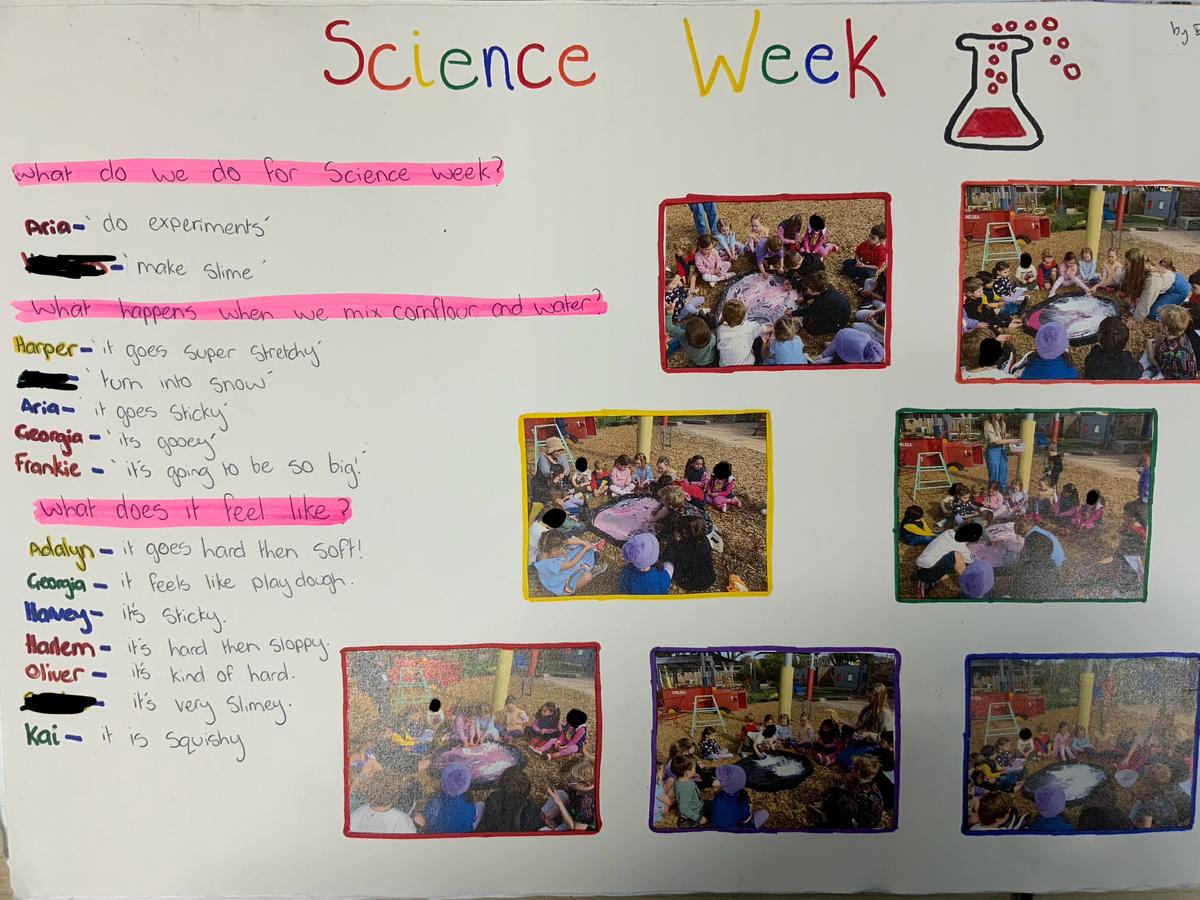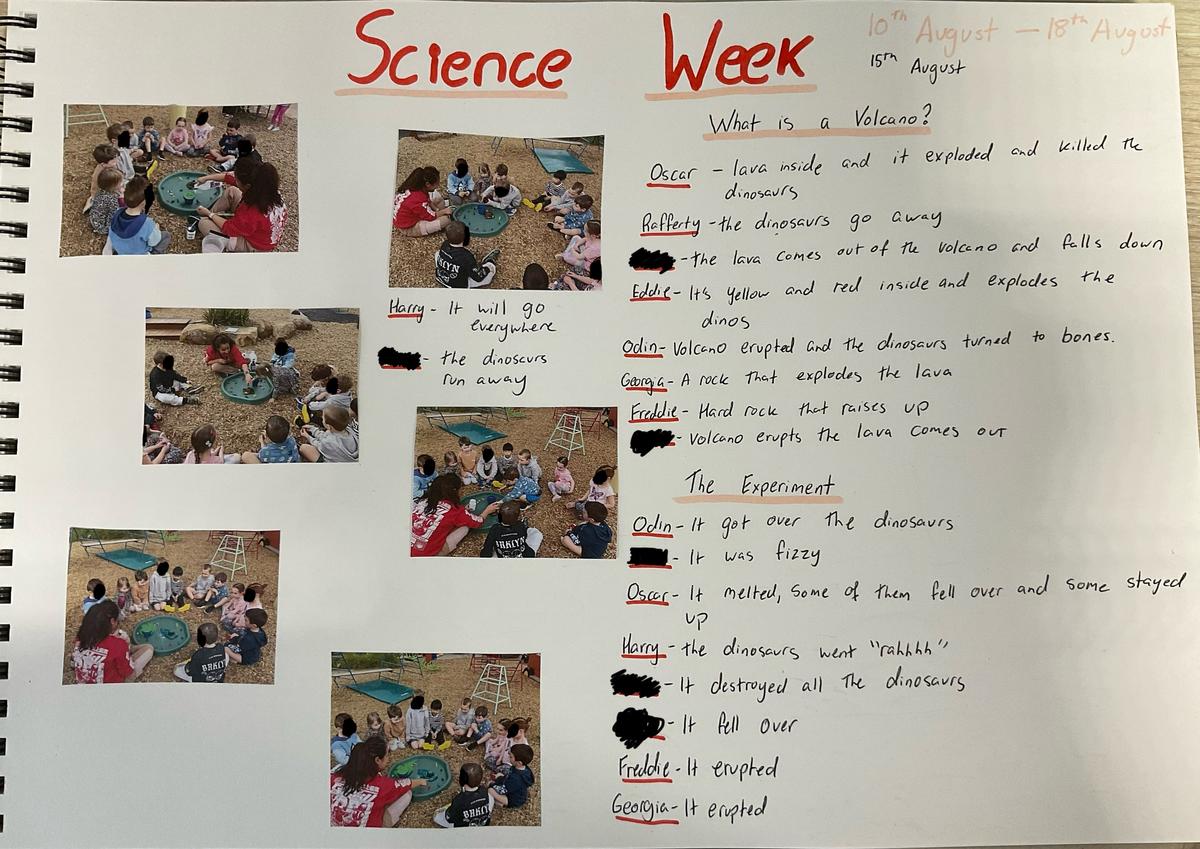Glen Education Chelsea

The importance of child’s voice in Science Week.
By Natalie Andrews, Early Childhood Teacher
This term, Kindergartens across Glen Education celebrated National Science Week. It is important to the educators at Chelsea, that when we choose to include world events, national celebrations, and other special days in our program, we do so in a meaningful and authentic way, using the child’s voice to engage in rich learning projects. So, when it came to Science Week, we asked the children what science means to them, and how they would like to spend the week – “do experiments”, “make an explosion” and “play with slime” were common answers. In this way, we are viewing the children as active participants and decision-makers in their own learning, opening new possibilities for learning and exploration. The children had also been enjoying cooking experiences in recent weeks, and so we thought about how we could extend on this learning from a scientific lens.
Before engaging in our science experiments, we introduced the children to a new word: “hypothesis”. We invited the children to think about their own hypotheses – what they thought might happen in the experiment, and asked if they would like to share with the group.
For our slime experiment, the children had varying hypotheses including “it will go super stretchy”, “it will turn into snow”, and “it goes sticky”. As the children began to combine the coloured water and cornflour, they began to voice their observations: “it goes hard then soft”, “it feels like playdough”, “it’s sticky”. Listening to these observations, and asking open-ended questions of them, is a great way to assess learning and ascertain what concepts the children are understanding. For the rest of the day, the children continued to investigate, experiment, and use their senses to explore the slime, which eventually turned into a soft powder, providing a whole new experience. At the end of our experiment, we recorded the children’s ideas, hypotheses, and observations in our program book, and placed it where they could see it, reflect on it, discuss, and proudly show their families.
For the excitedly requested explosion, the children suggested we create a volcanic eruption. We began by ascertaining what the children already knew about volcanoes: “there’s lava inside and it exploded and killed the dinosaurs”, “a rock that explodes the lava”, “the lava comes out of the volcano and falls down”. The children took turns adding red vinegar into the volcano, and all observed the chemical reaction between the bi-carb soda and vinegar: “it was fizzy”, “it got over the dinosaurs”.
Giving all of the children the opportunity to share their voice gives them the chance to learn from their peers, and grow their confidence to extend on their own learning. The next day, the group asked to use bi-carb soda and vinegar again and using droppers, we were able to see close-up what happened when the two combined.
The children were so engaged throughout the week and participated in many more experiments including making fruit juices and tasting lemons and limes, colour mixing and magic milk, and even making cookies!
With such a wonderful response from both children and families, we aim to make science a more prominent part of our program, using the children’s voice to extend on their skills of problem solving, inquiry, experimentation, hypothesising, researching and investigating.


